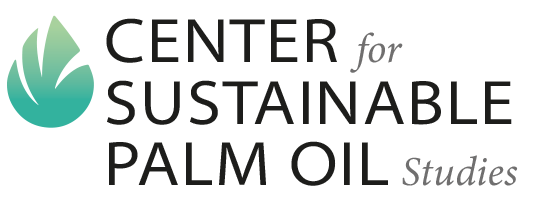
In the first week of June, EU Vice president and top foreign policy czar, Josep Borrell visited the Association of Southeast Asian Nations’ (ASEAN) region to discuss the deepening of relations and advancing the EU-ASEAN Strategic Partnership. Borrel’s mission was to boost trade and investment and encourage economic openness. He said the “EU’s message is clear: we want to do more with ASEAN….and the people of the region, can count on the EU to be a strong and reliable partner as we jointly tackle the challenges of our time”.
Borrell is correct to say that. After all the EU is the regions number one development partner, and its third trade partner and investor. EU exports to ASEAN countries grew from €54 billion in 2010 to €85 billion in 2019 and imports exploded from €72 billion to €125 billion.
So it doesn’t make sense that the EU is continuing to pursue policies that will negatively impact ASEAN’s most vital commodity—palm oil
Less than a week after Borrell returned from his triumphant visit, the German Parliament adopted legislation that would hit ASEAN economy where it was most vulnerable. On 11 June 2021, the German Supply Chain Act was adopted by the German Parliament by a large majority, introducing binding human rights and environmental due diligence obligations for companies.
This move by the German Parliament is part of a trend in the EU to increase scrutiny of companies regarding the impact of their business on the environment and people globally, not only in the 27 EU Member States. It was set in motion by the February 2021 decision by the European Parliament to adopt a “Draft Directive on Corporate Due Diligence and Corporate Accountability” which will lead to legislation requiring companies trading in the continent to monitor, identify, prevent and remedy risks to human rights and the environment in their operations and business relationships – including suppliers and subcontractors. Moreover, national authorities must monitor companies for compliance, investigate complaints and can impose significant penalties.
But Due Diligence will be a disaster for trade because importers will be required to check and verify that their imports, which also means their partners and suppliers, meet with whatever the EU has pre-determined as a set of rules on environment, labour, human rights or other issues. This unilateral approach, based on arbitrary criteria decided by EU, essentially is a non-tariff barrier to trade and undermines the existing laws of ASEAN partner countries. Could this be more hostile?
ASEAN as a regional association relies heavily on palm oil as an agricultural export. It is one of the largest drivers of rural poverty alleviation anywhere in the world: countries like Malaysia have lifted scores of people in rural areas out of poverty as a result of oil palm cultivation.
Yet the EU has embarked on a variety of protectionist measures against palm oil, including a series of trade barriers against exports. The EU’s Renewable Energy Directive (RED II) has restricted palm oil biofuel imports, which will lead to a full ban in 2030. Already some European protectionist governments, in France and Belgium for example, have initiated their own palm oil bans. In addition, the European Parliament has passed resolutions imposing a ban on palm oil as a food ingredient.
Rather than encouraging EU parliaments to enact these confrontational due diligence regulations, it would be far better if the EU pursued a metric based on a ‘legality standard’ that seeks to tackle exports from producers countries which contravene local laws. Malaysia is already poised to cooperate with the EU because it has the government backed MSPO certification scheme in place that ensures sustainable production while tackling deforestation.
Brussels should not forget that it is facing competition from other allies. The UK is aggressively pursuing ASEAN and sees trade deals as a top priority now that it has officially left the European Union. The USA is also pursuing trade with the region based on a more cooperative rather than confrontational approach.
If the EU persists in this direction, then it could lose out as London moves ahead with a less-restrictive regulation while Brussels clings to burdensome regulations that needlessly provoke allies in ASEAN.
Continuing with this trend will also have significant impact beyond Brussels. ASEAN investments may bypass the EU and go instead to the UK. Goods will be cheaper for British consumers than for their counterparts in the EU. The UK’s chances of a trade deals with ASEAN nations, would increase, giving a boost to exports, lower prices, and create jobs. That’s great for Britain, but the EU loses out.
It would be far better if European leaders, like Borrell who claim to be committed to improving relations and trade with ASEAN do not support the imposition of sanctions and restrictions on the region’s largest export. It would be better if the EU worked with developing countries in ASEAN on a more comprehensive solution.







